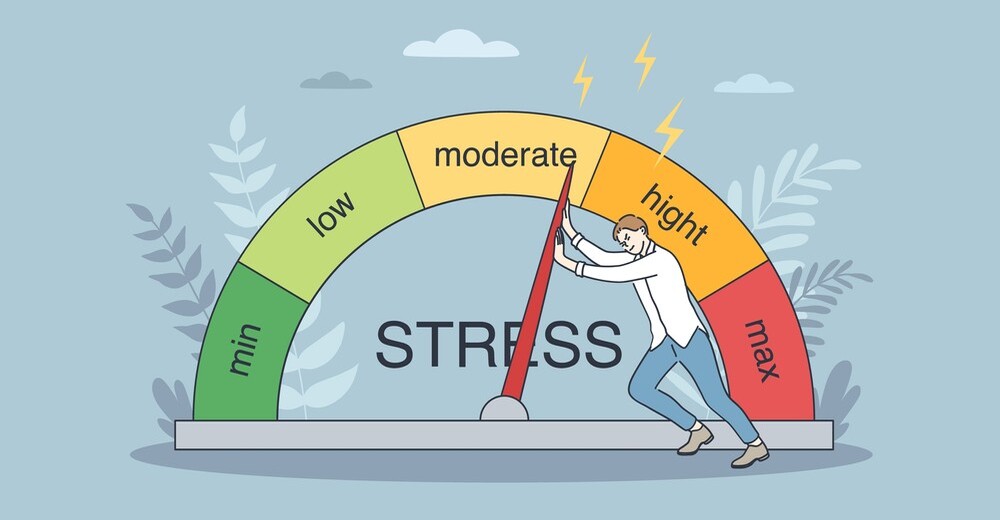A vegan diet, which eliminates all animal products, has gained popularity not only for ethical and environmental reasons but also as an effective approach to weight loss. Packed with nutrient-dense, plant-based foods, a vegan diet for weight loss can help you shed pounds while improving overall health. In this guide, we’ll explore how a vegan diet supports weight loss, its benefits, potential challenges, and practical tips, including meal ideas, to help you succeed.
What Is a Vegan Diet?
A vegan diet excludes all animal-derived foods, including meat, dairy, eggs, and honey, focusing instead on fruits, vegetables, grains, legumes, nuts, and seeds. For weight loss, a vegan diet emphasizes whole, minimally processed foods that are naturally low in calories but high in fiber, vitamins, and minerals. By prioritizing nutrient-rich choices, a vegan diet for weight loss can promote satiety and reduce overall calorie intake.
How Does a Vegan Diet for Weight Loss Work?
A vegan diet for weight loss works by leveraging the following principles:
- Low-Calorie Density: Plant-based foods like vegetables and fruits are low in calories but high in volume, helping you feel full on fewer calories.
- High Fiber Content: Fiber from legumes, whole grains, and produce slows digestion, stabilizes blood sugar, and curbs hunger.
- Reduced Fat Intake: Vegan diets often contain less saturated fat than omnivorous diets, as they avoid high-fat animal products like cheese and fatty meats.
- Nutrient Density: Whole plant foods provide essential nutrients, supporting energy and metabolism without excess calories.
Research backs this approach. A 2018 study in The Journal of Nutrition found that participants following a vegan diet lost significantly more weight than those on other diets over 6 months, averaging 4–6% of body weight.
Benefits of a Vegan Diet for Weight Loss
Adopting a vegan diet for weight loss offers several advantages:
- Sustainable Weight Loss: High-fiber, low-calorie foods promote gradual, maintainable weight loss, with studies showing 1–2 pounds per week for most people.
- Improved Heart Health: Vegan diets lower cholesterol and blood pressure due to reduced saturated fat and increased plant-based nutrients.
- Better Digestion: Fiber-rich foods improve gut health and regularity, reducing bloating.
- Increased Energy: Nutrient-dense meals can boost energy, making it easier to stay active and burn calories.
- Environmental Impact: A vegan diet reduces your carbon footprint, aligning weight loss with eco-conscious values.
Challenges of a Vegan Diet for Weight Loss
While effective, a vegan diet for weight loss has potential hurdles:
- Nutrient Deficiencies: Without planning, you may lack vitamin B12, iron, or omega-3s. Supplements or fortified foods can help.
- Processed Vegan Foods: Vegan junk foods like chips or desserts can derail weight loss if overconsumed.
- Social Challenges: Dining out or attending events may require extra planning to stay vegan and calorie-conscious.
- Learning Curve: Transitioning to vegan cooking can feel overwhelming for beginners.
Real User Experiences with a Vegan Diet for Weight Loss
To provide a balanced perspective, we’ve gathered feedback from vegan dieters on forums and social media:
- Positive Feedback:
- “I lost 12 pounds in two months on a vegan diet. Veggie stir-fries and smoothies keep me full!” – Mia, 29.
- “Switching to vegan meals helped me drop 8 pounds and feel less bloated. Love the variety!” – Ethan, 35.
- Negative Feedback:
- “I gained weight at first from vegan snacks like Oreos. Sticking to whole foods made the difference.” – Sarah, 41.
- “It’s hard to find vegan options when traveling, so I had to plan ahead to stay on track.” – Liam, 27.
Users emphasize that focusing on whole foods and planning meals is key to success.
Top Tips for Success on a Vegan Diet for Weight Loss
To maximize the benefits of a vegan diet for weight loss, follow these practical tips:
- Prioritize Whole Foods: Focus on vegetables, fruits, legumes, whole grains, nuts, and seeds over processed vegan products.
- Track Calories Initially: Use an app like MyFitnessPal to ensure you’re in a calorie deficit (500–750 calories below maintenance for 1–2 pounds of weekly loss).
- Boost Protein Intake: Include protein-rich foods like lentils, tofu, tempeh, and edamame to preserve muscle and stay full.
- Stay Hydrated: Drink 8–10 cups of water daily to support metabolism and reduce hunger.
- Plan Meals: Batch-cook meals to avoid impulsive, high-calorie choices.
- Supplement Wisely: Take a B12 supplement and consider omega-3s (from algae oil) or a multivitamin to fill nutrient gaps.
- Exercise Regularly: Combine cardio and strength training to burn calories and maintain muscle mass.
Sample Vegan Meal Plan for Weight Loss
Here’s a one-day meal plan to kickstart your vegan diet for weight loss (approximately 1,200–1,500 calories, adjustable based on needs):
- Breakfast: Overnight oats with ½ cup rolled oats, 1 cup almond milk, 1 tbsp chia seeds, ½ banana, and a sprinkle of cinnamon (300 calories).
- Snack: 1 medium apple with 1 tbsp almond butter (200 calories).
- Lunch: Quinoa salad with 1 cup cooked quinoa, 1 cup mixed greens, ½ cup chickpeas, cucumber, cherry tomatoes, and 1 tbsp tahini dressing (350 calories).
- Snack: 1 cup baby carrots with ¼ cup hummus (150 calories).
- Dinner: Stir-fry with 1 cup broccoli, ½ cup bell peppers, ½ cup snap peas, 4 oz tofu, and 1 tbsp low-sodium soy sauce, served with ½ cup brown rice (400 calories).
- Total Calories: ~1,400
Adjust portions based on your activity level and weight loss goals. Consult a dietitian for personalized guidance.
Delicious Vegan Meal Ideas for Weight Loss
To keep your vegan diet for weight loss exciting, try these easy recipes:
- Lentil Soup: Simmer red lentils with diced tomatoes, carrots, celery, onion, garlic, and spices for a hearty, low-calorie meal.
- Stuffed Bell Peppers: Fill halved bell peppers with quinoa, black beans, corn, and salsa, then bake until tender.
- Smoothie Bowl: Blend frozen berries, spinach, unsweetened almond milk, and a scoop of vegan protein powder, then top with 1 tbsp granola.
- Zucchini Noodles: Spiralize zucchini and toss with marinara sauce, cherry tomatoes, and nutritional yeast for a low-carb pasta alternative.
Is a Vegan Diet for Weight Loss Right for You?
A vegan diet for weight loss is ideal for:
- Those who enjoy plant-based foods and want a flexible, sustainable diet.
- Individuals seeking weight loss alongside health benefits like lower cholesterol.
- People motivated by ethical or environmental reasons to avoid animal products.
It may not suit:
- Those who struggle with meal planning or access to vegan ingredients.
- Individuals with specific nutrient needs (e.g., high iron requirements) without proper supplementation.
- People who prefer high-protein, animal-based diets like keto.
Alternatives to a Vegan Diet for Weight Loss
If a vegan diet isn’t for you, consider these alternatives:
- Mediterranean Diet: Emphasizes plants, lean proteins, and healthy fats, with proven weight loss benefits.
- Whole30: A 30-day reset focusing on whole foods, though it includes meat and excludes grains.
- Intermittent Fasting: Combines timed eating windows with balanced meals for calorie control.
- Flexitarian Diet: A semi-vegetarian approach that reduces animal products while allowing flexibility.
Final Thoughts on a Vegan Diet for Weight Loss
A vegan diet for weight loss offers a sustainable, nutrient-rich path to shedding pounds while supporting heart health and the environment. By focusing on whole, fiber-packed foods and avoiding processed traps, you can achieve steady weight loss of 1–2 pounds per week. With proper planning, supplementation, and creative meal ideas, this diet can be both effective and enjoyable.
Before starting, consult a healthcare provider or dietitian to ensure it meets your needs. Have you tried a vegan diet for weight loss? Share your tips or favorite recipes in the comments below!



